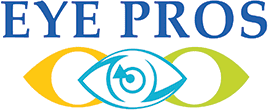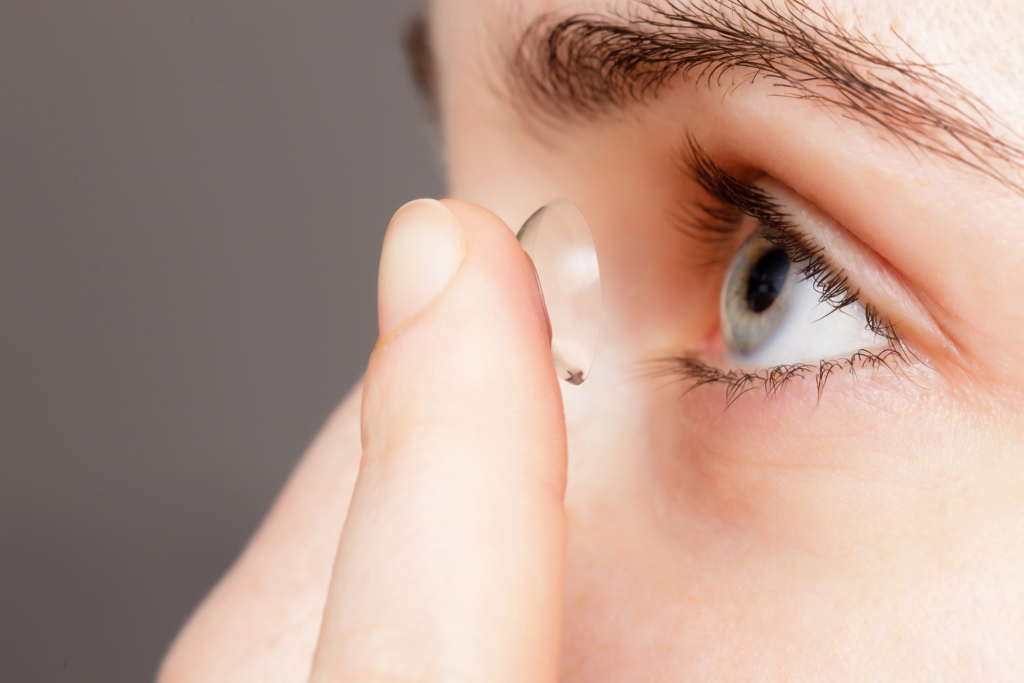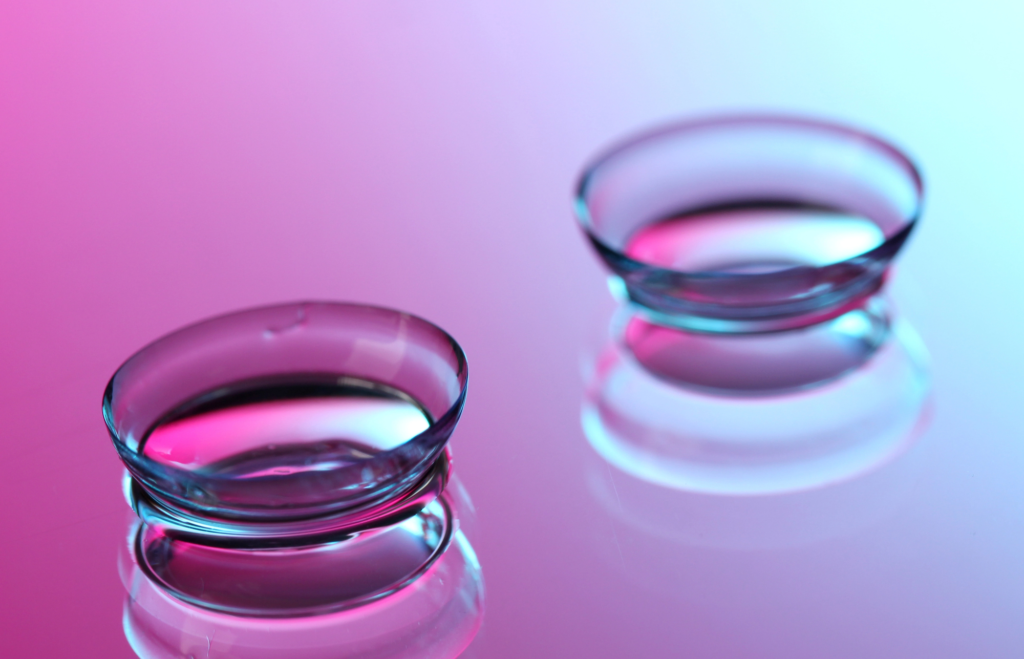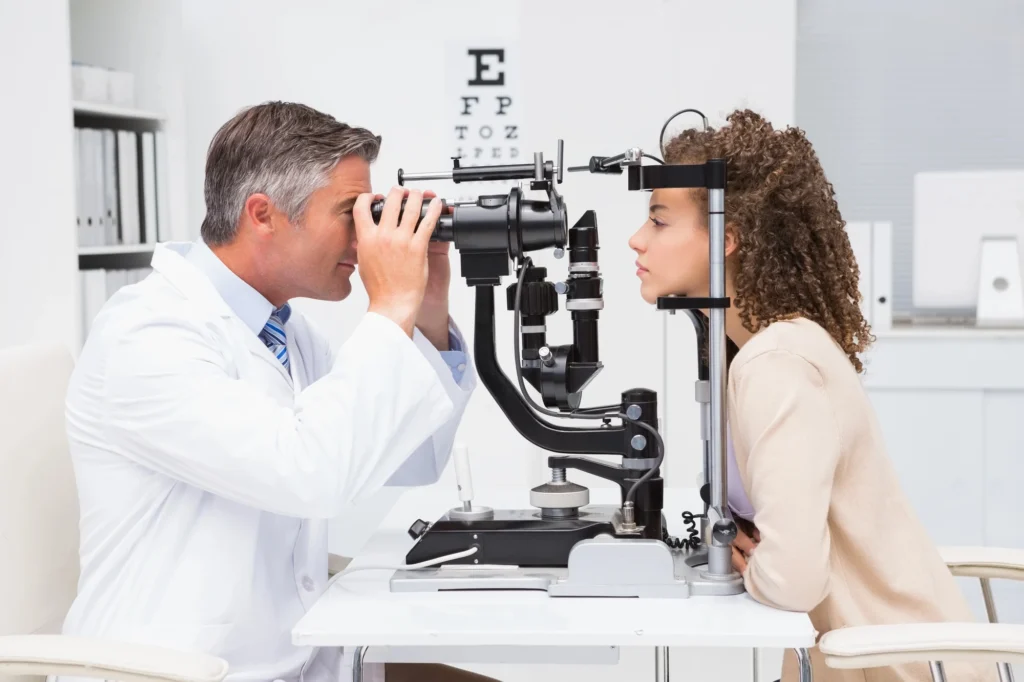Your eyes are one of the most sensitive parts of your body, and keeping them healthy should be a priority. One of the most common threats to eye health is infections, which can cause discomfort, irritation, and, in severe cases, vision loss. The good news is that many eye infections are preventable with the right habits and care.
From practicing proper hygiene to using contact lenses correctly, there are several ways to protect your eyes from harmful bacteria and viruses. Regular check-ups with an eye doctor are also essential in catching infections early and ensuring your eyes remain healthy. In this guide, we’ll explore the key causes of eye infections and provide practical tips to prevent them, so you can enjoy clear, healthy vision for the long term.
Common Causes of Eye Infection
Eye infections can develop from various sources, including bacteria, viruses, and fungi. Understanding these causes can help you take the necessary precautions to prevent infections and maintain healthy eyes. Here are some of the most common causes of eye infections:
Bacteria
Bacterial infections, such as those caused by Staphylococcus, are a frequent source of eye infections. These bacteria can enter the eyes through dirty hands, contaminated contact lenses, or shared eye makeup.
Viruses
Viral infections, like conjunctivitis (pink eye), are highly contagious and often spread through direct contact with infected individuals or surfaces. Viral eye infections can cause redness, swelling, and watery discharge.
Fungi
Fungal infections, although rare, can occur through exposure to contaminated water or eye products. These infections can lead to serious complications if left untreated.
Allergies and Irritants
While not infectious, exposure to allergens and irritants can weaken your eyes’ defenses, making them more susceptible to infections.
By being aware of these potential causes, you can take proactive steps to protect your eyes from harmful substances. If you notice any symptoms of infection, it’s important to consult an eye doctor for a thorough evaluation.
Essential Tips to Prevent Eye Infections
Preventing eye infections begins with good hygiene and proper care for your eyes and any products that come in contact with them. By incorporating these habits into your daily routine, you can significantly reduce the risk of infections and ensure your eyes remain healthy. Here are some essential tips for preventing eye infections:
Wash Your Hands Regularly
One of the simplest and most effective ways to prevent eye infections is to always wash your hands before touching your eyes or handling contact lenses. This helps to remove harmful bacteria and viruses that can cause infections.
Practice Proper Contact Lens Care
If you wear contact lenses, it’s crucial to clean and store them correctly. Use the recommended solution, never reuse old solution, and avoid sleeping or swimming with lenses in, as this can introduce bacteria into your eyes.
Use Clean Towels and Bedding
Towels and pillowcases can harbor bacteria that may come in contact with your eyes. Make sure to wash these items regularly to reduce contamination and protect your eye health.
Avoid Touching Your Eyes
Touching or rubbing your eyes can transfer germs from your hands to your eyes, increasing the risk of infection. If you must touch your eyes, ensure your hands are clean, or use a tissue.
Don’t Share Eye Makeup or Eye Products
Sharing eye products like mascara, eyeliner, or even eye drops can easily spread bacteria and viruses. Keep your products personal and replace them regularly to avoid infections.
Wear Protective Eyewear
When working in dusty or hazardous environments, or even during sports activities, wearing protective eyewear can help prevent debris and harmful particles from entering your eyes and causing irritation or infection.
By following these simple steps, you can prevent most common eye infections and keep your eyes healthy. Remember, if you experience any persistent symptoms such as redness, swelling, or discharge, visiting an eye doctor for professional care is essential.
When to See an Eye Doctor
Even with the best prevention habits, eye infections can still occur. It’s essential to recognize the symptoms and know when to consult an eye doctor for professional care. Early intervention can prevent infections from worsening and help you recover quickly.
Here are common signs that it’s time to see an eye doctor:
Persistent Redness
If your eyes remain red and irritated for more than a couple of days, it could be a sign of a bacterial or viral infection that requires medical attention.
Swelling or Discharge
Swelling around the eyes or unusual discharge (such as thick, yellow or green fluid) is a clear indication of infection. This may require prescription eye drops or antibiotics from your eye doctor.
Pain or Sensitivity to Light
If you experience sharp pain in the eyes, coupled with sensitivity to light, this could be a more serious infection that needs immediate medical care.
Blurred Vision
Any changes in vision, such as blurred vision, could indicate that the infection is affecting your ability to see clearly. Don’t delay in scheduling an appointment with an eye doctor to address the issue.
Eyes Doesn’t Improve with Basic Care
If your symptoms aren’t improving with over-the-counter treatments like eye drops or warm compresses, it’s important to seek professional help.
Your eye doctor can diagnose the type of infection you’re dealing with and prescribe the right course of treatment, whether it’s antibiotic eye drops or other medication. Regular eye exams are also key in preventing infections, as your eye doctor can catch any early signs of irritation or bacteria buildup before they become more serious.
FAQs
How do you treat an eye infection?
Treating an eye infection depends on the type of infection. Bacterial infections are typically treated with prescription antibiotic eye drops or ointments, while viral infections, like conjunctivitis, may resolve on their own but can be managed with lubricating eye drops. It’s important to visit an eye doctor for the right diagnosis and treatment.
How do you tell if an eye is infected?
Common signs of an eye infection include persistent redness, swelling, discharge, itchiness, and blurred vision. If you experience any of these symptoms, it’s essential to see an eye doctor for proper evaluation and treatment.
Does an eye infection go away by itself?
Some mild viral eye infections may go away on their own, but bacterial infections usually require treatment with antibiotic eye drops. It’s best to consult an eye doctor to determine the appropriate course of action and prevent complications.
What is the main cause of eye infection?
Eye infections can be caused by bacteria, viruses, or fungi. Poor hygiene, touching your eyes with dirty hands, improper contact lens care, and exposure to contaminated water or surfaces can all contribute to the development of an infection.
How do you keep your eyes healthy?
To keep your eyes healthy, practice good hygiene by washing your hands frequently, avoid touching your eyes, clean your contact lenses properly, wear protective eyewear when needed, and schedule regular visits to an eye doctor for comprehensive eye exams.
What protects the eyes against infection?
Good personal hygiene, proper care of contact lenses, and not sharing personal eye products like makeup or eye drops can help protect your eyes against infection. Your natural tears also play a role in protecting the eyes by keeping them moist and flushing out harmful particles.
What is the best eye care routine?
The best eye care routine includes regular hand washing, cleaning and replacing your contact lenses as directed, using fresh towels and pillowcases, wearing sunglasses to protect your eyes from UV rays, and seeing an eye doctor regularly for exams to monitor your eye health.
Preventing eye infections is all about maintaining good hygiene, following proper eye care habits, and staying mindful of the everyday risks that can affect your eye health. Simple practices like washing your hands, caring for your contact lenses, and avoiding touching your eyes can go a long way in keeping your eyes healthy. If you experience any symptoms of an infection, don’t hesitate to seek help from an eye doctor to prevent complications and ensure a speedy recovery.
If you’ve noticed any signs of an eye infection or simply want to ensure your eyes stay healthy, schedule a check-up with Eye Pros today. Our expert eye doctors are here to help you protect your vision and address any concerns you may have. Book your appointment now and keep your eyes healthy for the long term!





